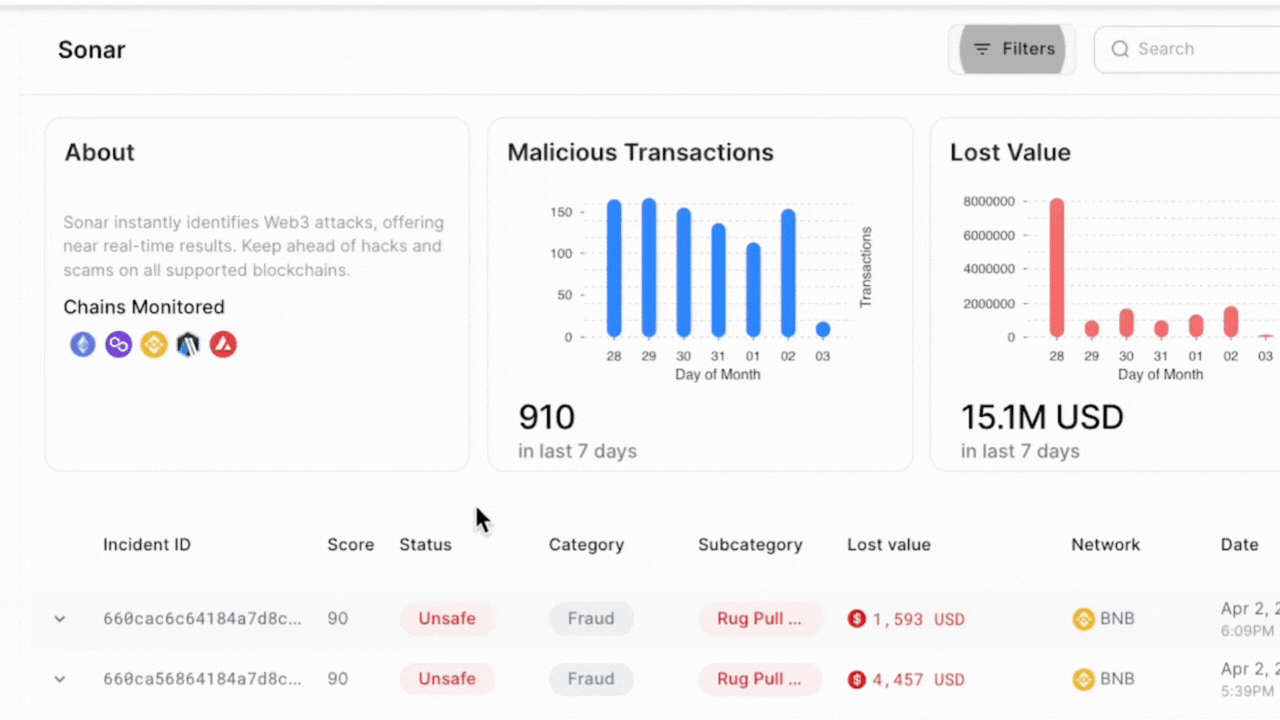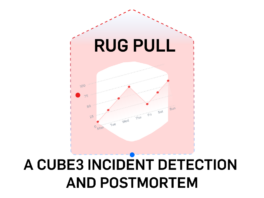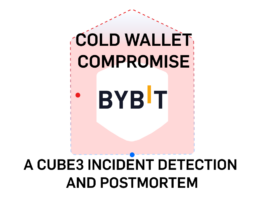
Content
Football Season Triggers 15x Spike in Betting Scams
As football season ramps up across Europe, one type of scam is hitting record highs: betting fraud. Recent data shows volumes remain over 15x above their pre-season baseline, after peaking at 50x during kickoff week. The underlying tactics are familiar — but the scale and timing are increasingly alarming for platforms and fraud teams.

What are betting scams?
Betting scams typically involve promises of guaranteed wins, VIP tips, or access to “fixed matches.” Scammers often pose as insiders, using team names, real fixtures, and time-sensitive claims to create urgency. Payments are usually requested via peer-to-peer apps or crypto, often just before the match begins.
Once money is sent, scammers either vanish or escalate with follow-up requests — often framed as “next level” tips or access.
What the data shows
CUBE3’s latest findings reveal distinct patterns across scam campaigns:
- 59% of betting scam pitches name a specific team or fixture to sound legitimate
- 3 out of 4 victim payments occur within two hours of kick-off
- The scams are seeded on social media, where match-day hype and emotional engagement increase conversion rates
Impersonation is frequently layered into the setup — including fake betting groups and accounts mimicking well-known figures.
Why this matters now
The surge is tightly linked to football season across Europe, but we’re already starting to see similar tactics surface in the U.S. as FIFA matches get underway. Scammers tend to replicate high-performing scripts — and major sporting events create ideal conditions: high emotional engagement, short decision windows, and peer-sharing of content.
What platforms and teams should watch for
- Sudden spikes in small-amount P2P payments tied to match-day windows
- Repeated mentions of team names or fixtures in transaction metadata or social chatter
- Campaigns seeded through influencer-style content or community posts promising exclusive access
Early detection and contextual risk screening can make the difference between catching a scam upfront or reacting after the damage.
Guidance to share with users or internal teams
Scammers rely on urgency and trust. Businesses can help reduce risk by alerting users and staff to these common red flags:
- “Guaranteed wins” tied to specific match results
- Pressure to send money quickly, especially before kickoff
- Claims of insider status without verifiable proof
Even a short warning to users on game days — or a reminder in support materials — can go a long way in reducing harm.
With fraud volume this high — and the tactics this adaptable — betting scams aren’t just a seasonal spike. They’re a warning signal for what’s scalable next.

 Sarunas Matulevicius
Sarunas Matulevicius

 Tamás Kelemen
Tamás Kelemen

 Attila Marosi-Bauer
Attila Marosi-Bauer

 Einaras Gravrock
Einaras Gravrock
 CUBE3.AI
CUBE3.AI




















